US must modernize nuclear systems to fight possible external threats: Admiral
The head of the US Strategic Command says the US needs to modernize its nuclear systems to counter possible foreign espionage threats, days after a probe claimed that Chinese-made Huawei equipment could disrupt US nuclear arsenal communications.
Admiral Charles Richard, commander of the US Strategic Command, said at a press conference on Wednesday that the United States must keep modernizing its nuclear command and control system in an attempt to counter possible espionage activities via foreign company equipment mounted in cell towers in the vicinity of its nuclear missile fields.
"We're well aware of potential threats to our Nuclear Command and Control. That's not new, right? The attractiveness of your opponent's Nuclear Command and Control has put it very high aspirationally for decades and we're well aware of that," he told reporters.
Richard’s comments came after Reuters reported that the US Commerce Department was probing the national security threat purportedly posed by Chinese tech giant Huawei, amid fears that the telecom gaint's installations could capture sensitive information about the sites and transmit it back to Beijing.
According to Reuters, the investigation, unreported previously, was launched by the Commerce Department soon after US President Joe Biden came to power early last year and following the implementation of rules to flesh out a May 2019 executive order that granted the agency the probing authority.
"I have great confidence in the system, but I will point out that those threats that you're talking about are not static and we are going to have to continue to modernize our Nuclear Command and Control system to enable it to outpace those," Richard added, without mentioning Huawei by name.
Reuters, citing a 10-page document, said that back in April last year, the Commerce had subpoenaed Huawei to learn about the company's policy regarding sharing data with foreign parties that its equipment could capture from cell phones, including messages and geolocational data.
The Commerce Department has refused to confirm or deny such a probe.
Both Huawei, which has long been dogged by US government espionage allegations, and the Chinese government have so far vigorously denied the accusations, stressing that the company poses no security threat.
Russian court orders Google to pay staggering fine of $20 decillion
Yemeni forces carried out five operations in Haifa, targeting six ships, in one year: Report
Israeli war machine fails to penetrate Lebanon despite barbaric bombardment: Houthi
VIDEO | Is West's dominance over?
VIDEO | Five Syrians killed in Israeli airstrikes on al-Qusayr near Homs
VIDEO | South African resistance leaders reflect on ways to overcome Israeli aggression
VIDEO | Press TV's news headlines
VIDEO | Netanyahu pressured on a ceasefire


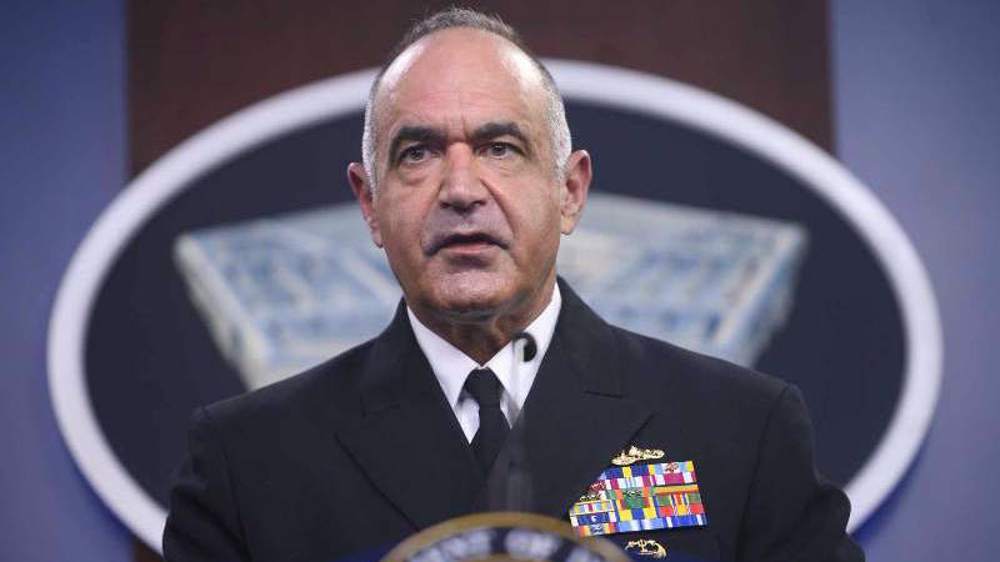
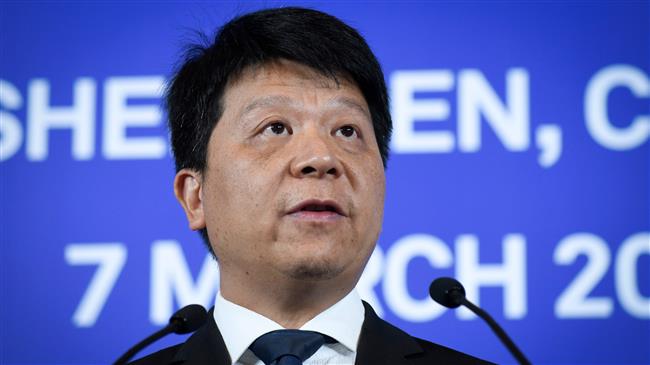
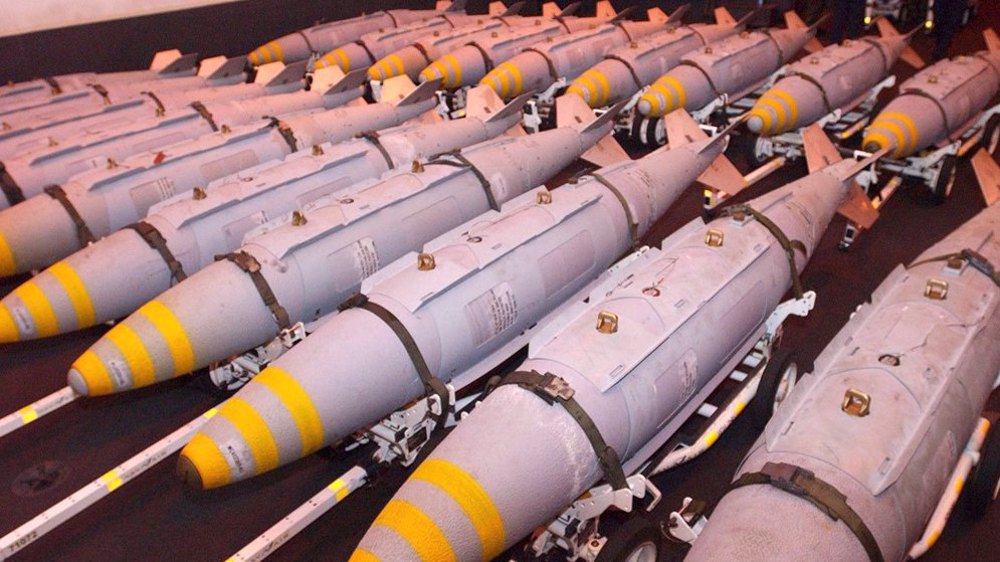
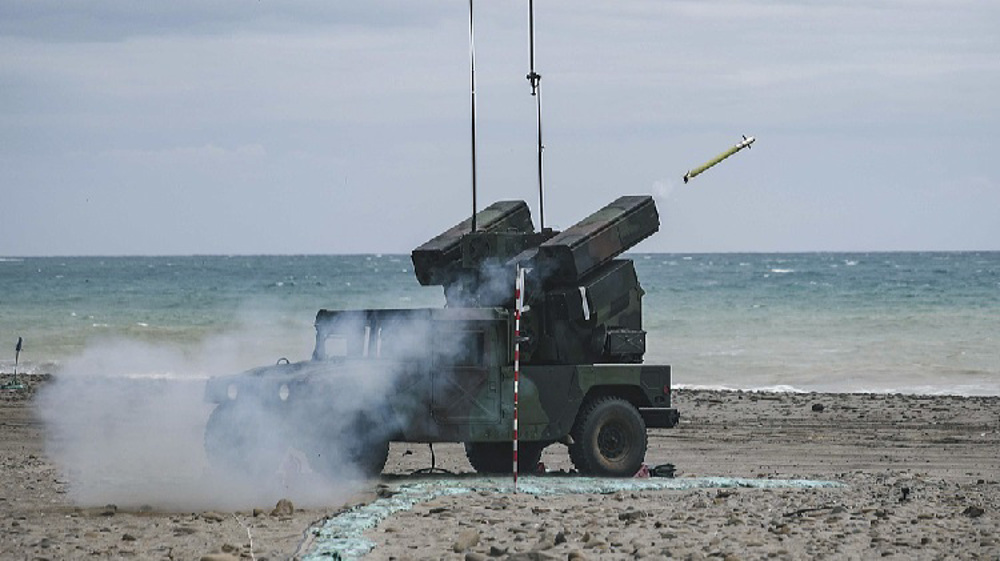
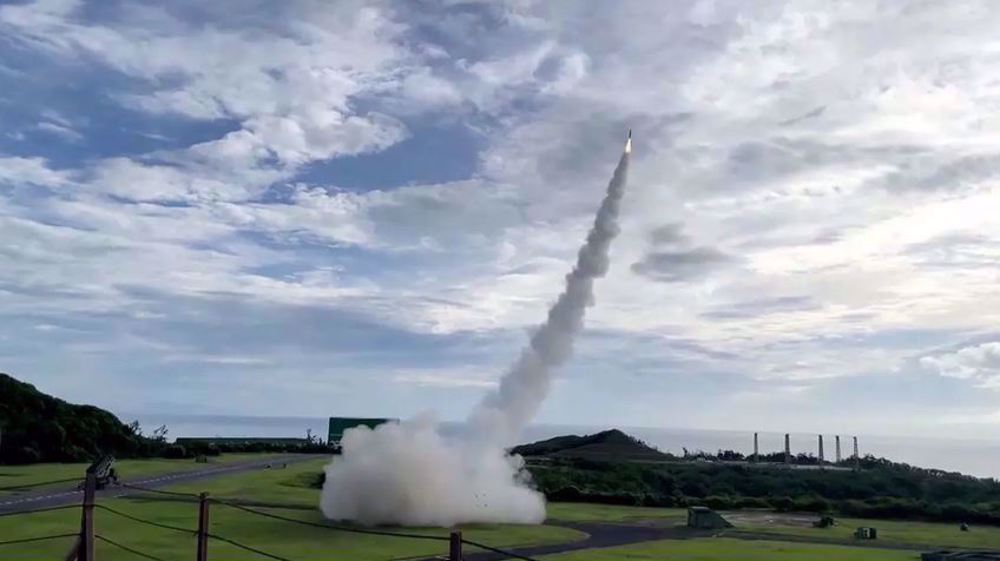




 This makes it easy to access the Press TV website
This makes it easy to access the Press TV website